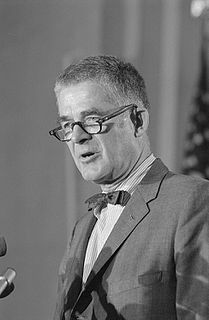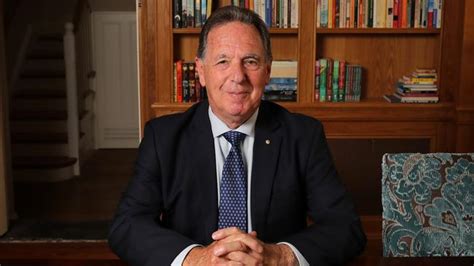A Quote by Juanita M. Kreps
... between government, business, and the public, there is a triangular community of interest. Clearly, it is in business' interest to shape its behavior to prevailing public values; it is more efficient to do so than not to do so. It is also clear that government is the high-cost alternative through which public values are imposed on corporations that do not accurately perceive these values.
Related Quotes
The Federal Government has a responsibility to manage wisely those public lands and forests under its jurisdiction necessary in the interest of the public as a whole. ... In the utilization of these lands, the people are entitled to expect that their timber, minerals, streams and water supply, wildlife and recreational values should be safeguarded, improved and made available not only for this but for future generations.
When governments go too far to punish people for actions that are dissent rather than a real threat to the nation, they risk delegitimizing not just their systems of justice, but the legitimacy of the government itself. Because when they bring political charges against people for acts that were clearly at least intended to work in the public interest, they deny them the opportunity to mount a public-interest defense.
A free society depends upon a high degree of mutual trust. The public will not give that trust to officials who are not seen to be impartially dedicated to the general public interest, nor will they give trust to those high in government who violate the rule of law they ask citizens to obey at the expense of self-interest, or to those who present government as the place where one feathers his own nest, [or] exchanges favors with friends and former associates.
There is no institution more vital to our Nation's survival than the American family. Here the seeds of personal character are planted, the roots of public virtue first nourished. Through love and instruction, discipline, guidance and example, we learn from our mothers and fathers the values that will shape our private lives and our public citizenship.
The artist must operate on the assumption that the public consists in the highest order of individual; that he is civilized, cultured, and highly sensitive both to emotional and intellectual contexts. And while the whole public most certainly does not consist in that sort of individual, still the tendency of art is to create such a public - to lift the level of perceptivity, to increase and enrich the average individual's store of values... I believe that it is in a certain devotion to concepts of truth that we discover values.


































